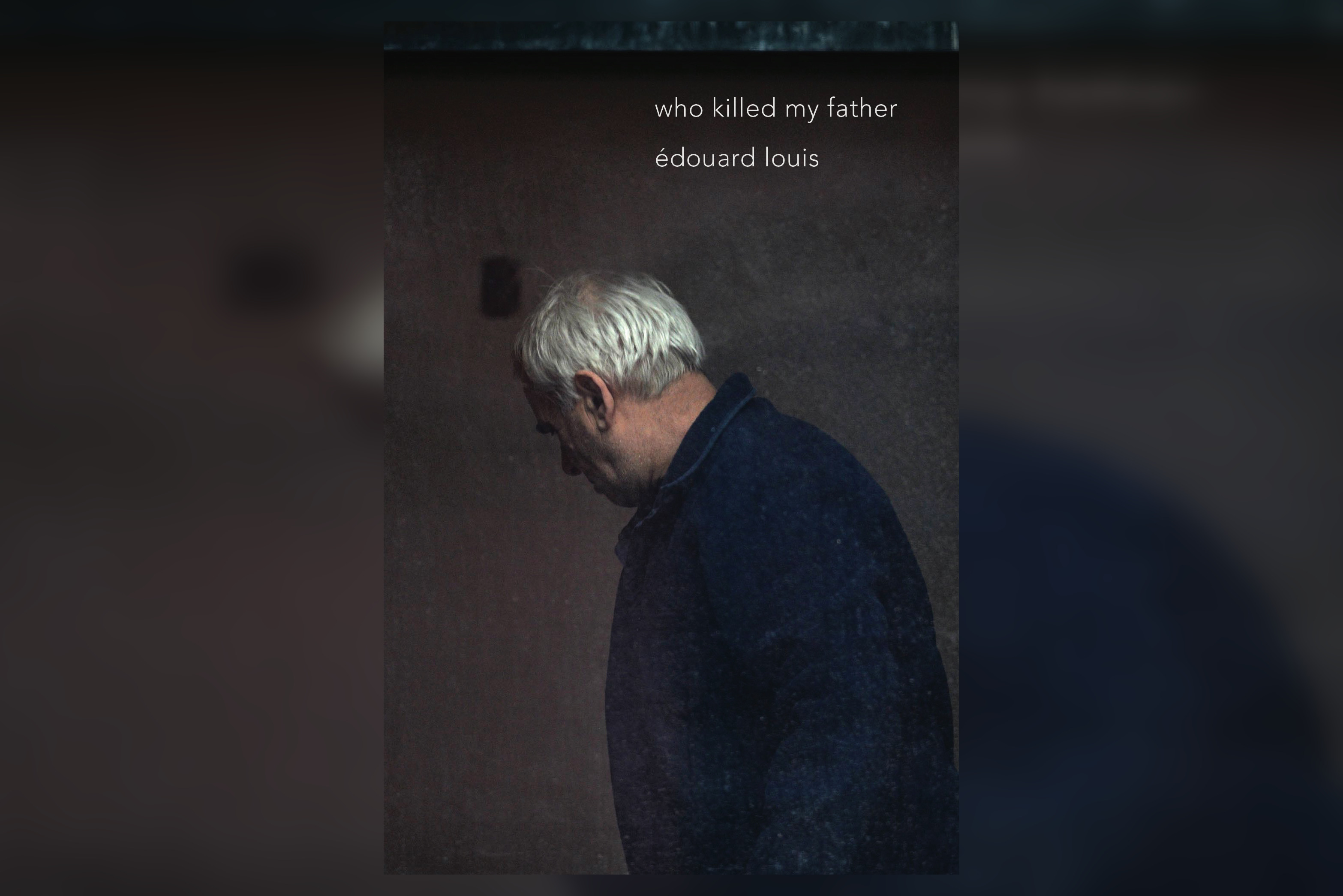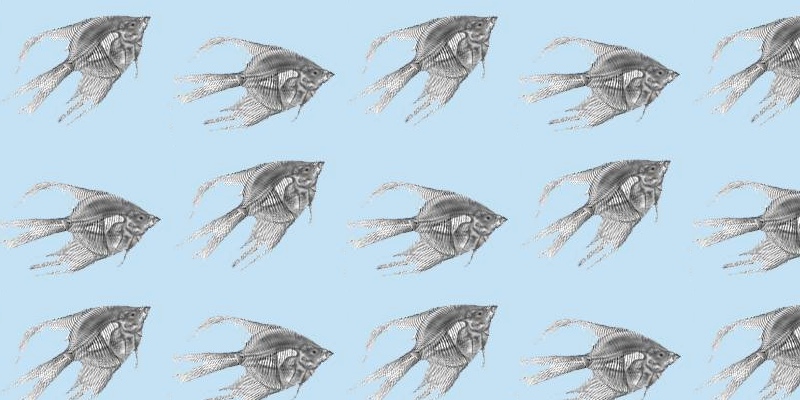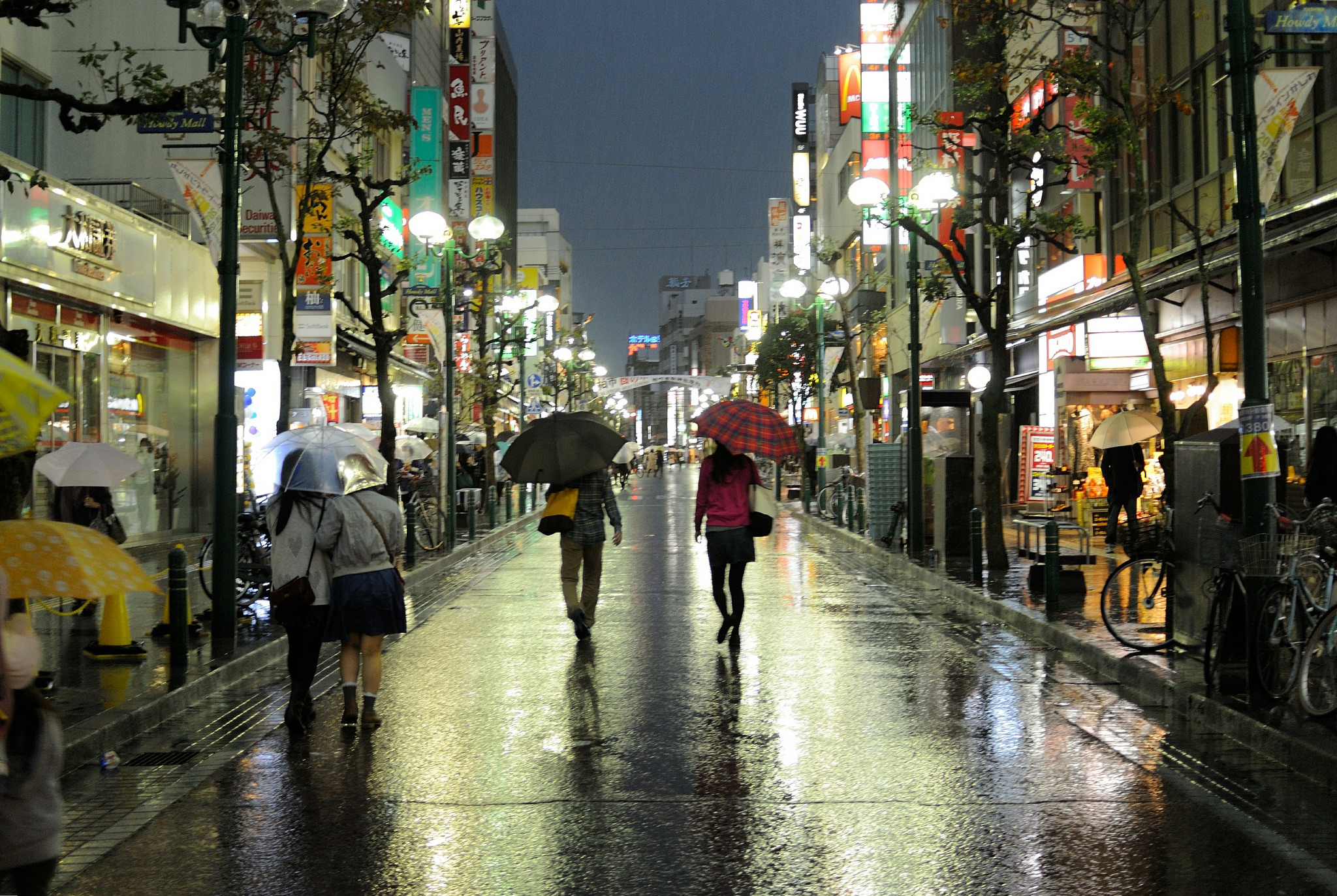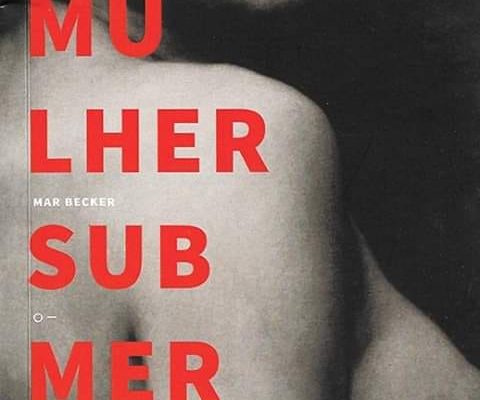“Is it normal to be ashamed of loving?” asks Édouard Louis in his third intensely autobiographical novel, Who Killed My Father. This searing short work, with its conspicuously declarative title, turns around questions that aren’t quite questions, and answers that are bold politically driven accusations. It opens with the speaker—who, as we know from interviews, is Louis himself—paying a visit to his father in the northern French village of his childhood after several years of separation. Yes, his father is still alive, but Louis argues that a lifetime of poverty, manual labor, malnourishment, and lack of education condemned him to an early death at barely 50 years old. Using fragments and scenes, Louis sketches an urgent, yet intimate, portrait of his father, who we learn is the “you” throughout the book. The detail is excruciating: His belly has been “torn apart by its own weight” and his heart “can’t beat without assistance, without the help of a machine. It doesn’t want to.”
In this rural, working-class setting, the inertia of circumstance is total. We learn that the father was brutally beaten by his own father, and that, try as he might to escape the village, he ended up working in the same factory as the generations before him, only to have his back irreparably injured in a workplace accident. In contrast to End of Eddy and History of Violence, Louis here shows us a more balanced, complicated version of the speaker’s relationship to his father. He lingers in moments, both tender and brutal, between a sternly masculine father and the gay son whom he admires for his intellect, but whose effeminacy humiliates him. Questions are also at the core of the domestic scenes Louis gives us. We see the speaker as a perceptive and precocious young boy asking his father questions whose answers are beyond the scope of his father’s world—questions that he either does not know how to answer or refuses to.
This biting J’accuse examines where paternal and political violence overlap. Louis blames the state for the degradation of his father’s body—and even the “insane masculinity” that fueled generations of violence between fathers and sons. He dares to name names: Chirac, Sarkozy, Hollande, Macron, the last four French presidents, are indicted in the final pages for raising the price of his father’s medications, for cutting down his pension, and for requiring him to work long hours even after his injury. “The history of your body is the history of those names, one after another, destroying you.”
In writing, in that same section, “Why do we never name these names?” Louis argues that the lives of the vulnerable, white working class, whose livelihoods are determinable by legislative bodies, and who might have to go hungry for two days if their pension is cut by five euros—although in France the same is true or worse for black- and brown-bodied people in Paris and its suburbs—have been excluded from so-called high art, as have the names of those legislators guilty of their exclusion.
Ironically, when the book first appeared in French last year, one of centrist president Macron’s own advisors referred to Louis’ diagnosis of his father’s life as “macronian.” On Twitter, the writer replied: “Stop trying to use me to mask the violence that you create and exemplify… I’m writing to arm the men and women who are fighting against you.”1 And indeed they are fighting: The Yellow Vest movement, which next week will enter into its twenty-fourth consecutive weekend of protests, has proven that Macron has not yet satisfied the modest demands—living wages and job security among them—of rural France’s working class.
Louis’ language is direct, his sentences devoid of the oblique, torturous syntax that French allows for, which is perhaps why his work translates so well to English and has appealed to English-speaking audiences. His directness may also be why many French readers have accused Louis of not writing literature. The author appears to address this accusation head-on in the book: “What I am writing, what I am saying, does not answer to the standards of literature, but to those of necessity and desperation, to standards of fire.”
However, in a recent television interview, Louis also said that he “wanted to say something about the dominated in the dominator’s language” (my translation), a language he’s become well-versed in ever since he “fled to Paris,” changed his name, attended the École Normale Supérieure, and took up writing. In a way, this book is about who has the possibility to become a new person and who doesn’t. Although his father now asks after the writer’s male partner and supports a general “revolution,” Louis argues that he is too imprisoned by circumstance and masculinity to live out a true transformation. On the other hand, his mother kicks his father out of the house after 25 years of marriage, travels the world, and gains enough distance from their village to speak disdainfully of the “hicks” who inhabit it. So Louis’ attraction to existentialist philosophy makes sense (Sartre is referenced in the book). But nothing is as simple as he would have it (“hatred of homosexuality=poverty”). Louis stops at the threshold of the limiting dichotomies of class and gender (while race or ethnicity are only peripherally acknowledged) without breaking them open. Pronouncements made about world history and poverty feel removed and generalized, sometimes cloaked in clever chiasmus, as if the young writer were still trying to prove himself to his audience. And while holding past presidents accountable is admirable, simply naming them does little to account for the structural mechanisms that continue to keep the working class and other minorities down. If Louis truly wanted to say something about the dominated in the language of the dominator, he would displace these categories, not merely reproduce them.
The book is strongest when it sticks close to the specific or the tangible, to the troubled love between father and son, and the state-driven destruction of the father’s body. Although the urgency of Louis’ political message sometimes obscures the very specifics that give the work its strength, he still manages to mobilize his childhood shame and anger to fan the flames of France’s much-needed political reckoning, the very one that weekend after weekend has been setting the streets of Paris on fire. In the future Louis might further this project by writing not only for the working class, but to them.
1. “Abstenez-vous d’essayer de m’utiliser pour masquer la violence que vous incarnez et exercez….J’écris pour donner des armes à ceux et à celles qui vous combattent.”
Photo courtesy of the publisher.




